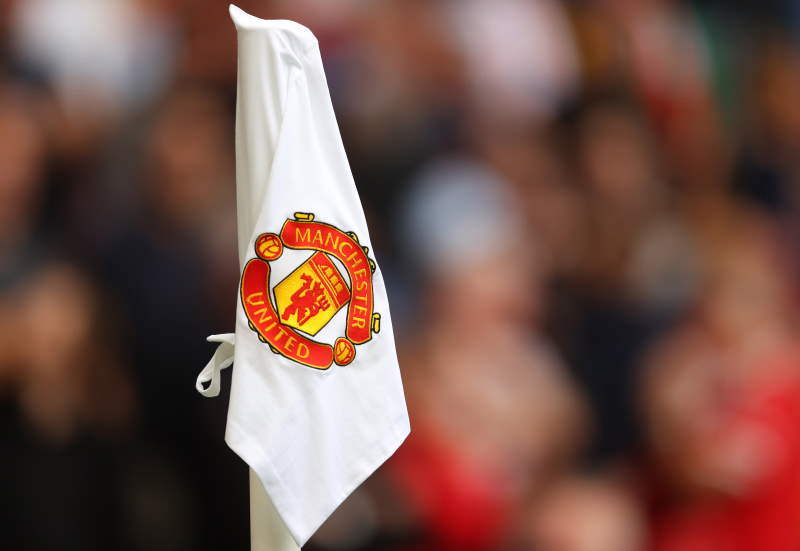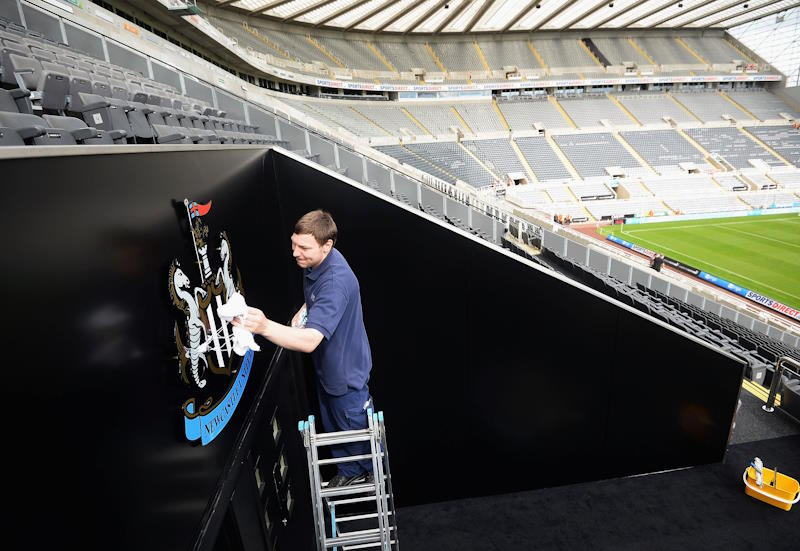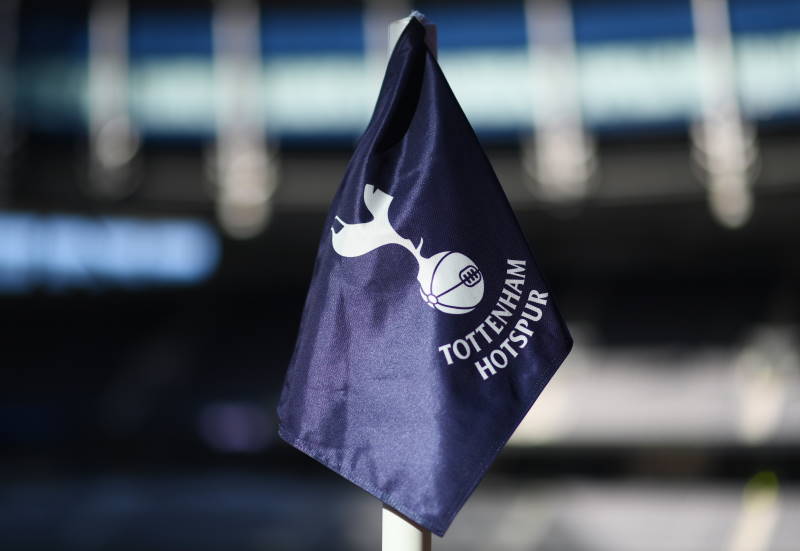
The Second World War interrupted and cut short the lives of millions of people around the world. The shockwaves of the conflict impacted on all parts of life and football was no exception, with hundreds of professionals being called up to fight and some making the ultimate sacrifice.
This series of articles looks at how the war affected the lives of footballers from all sides of the conflict:
Willie Thornton is widely regarded as one of the greatest strikers to ever play for Glasgow Rangers and is still one of Scotland’s all-time top goalscorers.
Born in Winchburgh in 1920, Thornton grew up in a household dominated by Rangers supporters. He developed into a talented centre forward and as a teenager was soon attracting interest from a number of clubs, including Hearts.
His brother, a Rangers fanatic, contacted the club’s manager at the time, Bill Struth, and alerted him to Thornton’s ability and the interest from Hearts. Struth saw what Thornton was capable of and his potential and signed him in 1936, with the youngster making his debut against Partick Thistle.
Thornton was renowned for his prowess in the air, but his ability to both guide the ball into the back of the net as well as power a header, often overshadowed his superb passing skills and excellent first touch, a skill which allowed him to make incisive runs at goal.
At the outbreak of the Second World War, Thornton joined the Scottish Horse Regiment as a trooper and served in North Africa. He was also one of many thousands of troops who took part in the Allies’ first invasion of mainland Europe, with the capture of Sicily in 1943; it was during the invasion of Sicily that Thornton was awarded the Military Medal for bravery.
After the war ended, Thornton resumed his football career with Rangers, winning four titles, three Scottish Cups and two League Cups. He was also part of the first ever Scottish team to win a domestic treble in 1949. He retired from the game in 1954, having scored 255 goals in 432 appearances.
On the international stage, Thornton was limited to only eight appearances for his country and one goal scored in a 2-1 win over Denmark. Even allowing for the interruption of the war, many believe that Thornton’s lack of caps lies with the selection committee who picked the national team at the time, a process which was highly criticised.
He went on to manage Dundee from 1954 to 1959, and Partick Thistle from 1959 to 1968, where he won the Glasgow Cup in 1961. Thornton also had a brief stint managing his beloved Rangers in 1969, following the sacking of Davie White.
Sadly, Thornton died in 1991, aged 71. To friends and family he was a gentleman known for his courageous temperament; to fans he was a legendary centre forward, but most importantly, Thornton is one of the success stories of the war era.
Having done his part for King and country, Thornton adapted back to life as a civilian and continued to develop as a footballer. His goalscoring exploits helped his team win trophies and gave people something to cheer about at a time when they were rebuilding shattered lives.












